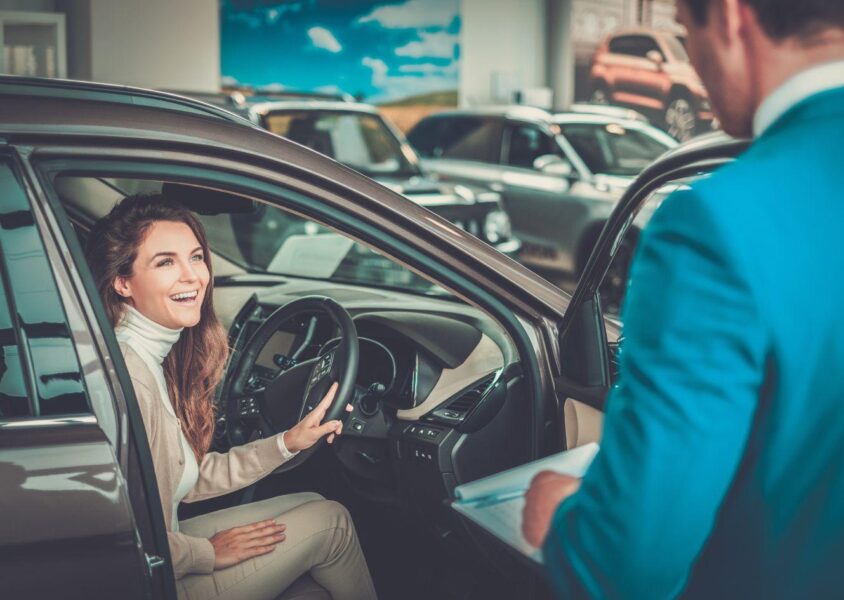Planning to Buy A Car

The COVID-19 pandemic has had a significant impact on the global automotive industry. Many automakers have had to temporarily suspend production and close their factories, and there has been a drop in global vehicle sales.
The pandemic has also disrupted supply chains and caused disruptions in the transportation of parts and finished vehicles. In addition, the economic downturn caused by the pandemic has led to a decrease in consumer demand for vehicles, as people have been hesitant to make large purchases during uncertain economic times.
The pandemic has also accelerated the shift towards online sales and contactless delivery of vehicles, as people have been hesitant to visit dealership showrooms in person. Some industry experts believe that the pandemic may lead to a permanent shift towards electric and autonomous vehicles, as well as a greater focus on sustainability and the circular economy.
The pandemic has also put harsh constraints on people’s budget. A new car has become out of reach for many. But it may not be a bad idea to look for a used car instead. There are several advantages when buying second hand cars.
Cost: Second hand cars may be more affordable than brand new cars, particularly if they are several years old. This can be particularly appealing for people who are working with a limited budget.
Depreciation: New cars tend to depreciate in value quickly, meaning that they can lose a significant portion of their value in the first few years of ownership. By purchasing a second hand car, you may be able to avoid some of this depreciation.
Selection: Second hand car dealerships and private sellers may offer a wider selection of cars, including older models and rare or unique vehicles that may not be available at new car dealerships.
History: When buying a second hand car, you may have access to the car’s history, including maintenance records and any previous accidents or damage. This can help you make an informed decision about the car’s condition.
Customization: Some people may prefer to buy a second hand car because they can customize it to their liking, either by making repairs or modifications themselves or by hiring a professional.
But, if you are one of those who prefer new cars only, you might be forced to decide whether to lease or buy a car. Well, that is a personal decision that depends on a variety of factors, including your financial situation, driving habits, and long-term plans. Here are a few things to consider when deciding whether to lease or buy a car:
Cost: Leasing a car may have lower monthly payments than buying a car, as you are only paying for the portion of the car’s value that you use during the lease term. However, you may end up paying more in the long run if you lease a car, as you will not own the car at the end of the lease and will need to lease or buy another car. Buying a car may have higher upfront costs, as you will need to pay for the full value of the car, but you will own the car at the end of the loan term and will not need to make additional payments.
Driving habits: If you drive a lot or put a lot of wear and tear on your car, leasing may not be the best option, as you may end up paying more in mileage charges or excess wear and tear fees. If you drive relatively little or take good care of your car, leasing may be a more cost-effective option.
Long-term plans: If you plan to keep your car for a long time, buying may be the better option, as you will own the car at the end of the loan term and will not need to make additional payments. If you prefer to have the flexibility to upgrade to a new car more frequently, leasing may be a good option.